Life Cycle Assessment (LCA) is a standardized methodology of paramount importance for studying materials and processes in terms of resource and energy consumption, providing a clear profile of their environmental impact. This is particularly relevant in the waste sector, where efficient and sustainable management is crucial.
The PIA Opticompost Project (2021–2024) aims to develop innovative technological and management solutions to optimize the composting process and verify the industrial compostability of certain materials. Two comparative LCA studies assessed the benefits of replacing non-compostable products with compostable ones and evaluated the environmental performance of the composting process in a real facility under various technological scenarios.
Product LCA
The study compared the environmental impact of 1 kg of biodegradable and compostable (B&C) tableware to traditional polymer-based tableware (e.g., PP). Results showed that B&C tableware outperforms its traditional counterpart, with approximately 2 kg of CO₂ equivalent compared to 6 kg of CO₂ equivalent for traditional tableware, demonstrating significant environmental improvements.
Process LCA
The industrial composting process was studied at the Erchie (BR) facility, operated by Heracle Srl, for treating the organic fraction of municipal solid waste (FORSU) to produce 1 ton of compost. Two scenarios were compared:
- Baseline scenario: 22.3% non-compostable waste.
- Optimized scenario: 7.8% non-compostable waste.
The results showed a substantial reduction in environmental impacts (-25% on average) in the optimized scenario, thanks to the reduction of non-compostable materials sent for incineration.
Comparison with Other Disposal Scenarios
An additional study compared the optimized composting scenario with landfill and incineration for the disposal of 1 ton of FORSU. Results highlighted that composting offers significantly superior environmental performance compared to the other scenarios.
The Erchie Composting Facility
Heracle’s new facility for treating FORSU, launched in September 2021, was designed and built by Cesaro Mac Import to produce high-quality compost and biogas. The treatment process is divided into two phases: an anaerobic phase using a digester and an aerobic phase with Girasole Tunnel Composting biocells. The facility has a total capacity of approximately 80,000 tons per year, including prunings, branches, and green waste.
Advanced Technology and Process Control
The facility employs Girasole Tunnel Composting technology, characterized by a closed reactor with air injection from the floor and an advanced control system to monitor parameters such as temperature, humidity, and oxygen concentration in real time. This ensures optimal organic matter degradation and constant process oversight, minimizing risks and errors.
Environmental and Economic Benefits
The Erchie facility generates renewable electricity and reduces pollution from transporting organic waste to distant facilities. This translates into significant economic advantages for municipalities, lowering disposal costs and, consequently, fees for citizens. Proper waste management not only ensures safety but also creates value and employment in the regions where it is implemented.
The LCA analysis and technological innovations in composting plants like Erchie’s represent a critical step toward sustainable waste management, reducing environmental impact while delivering economic and social benefits to the community.

